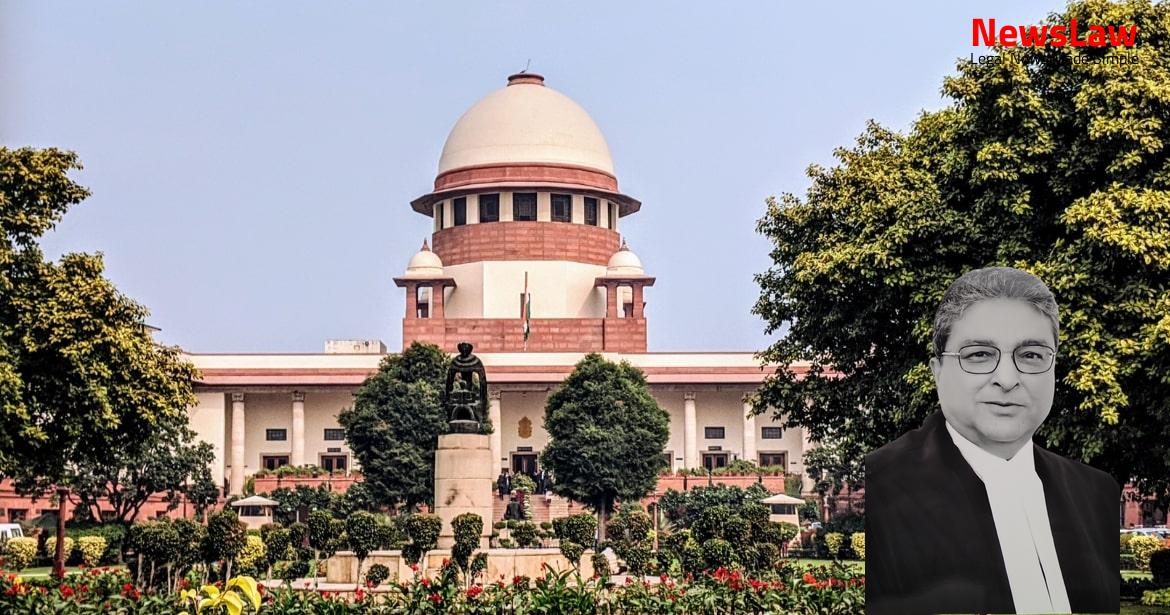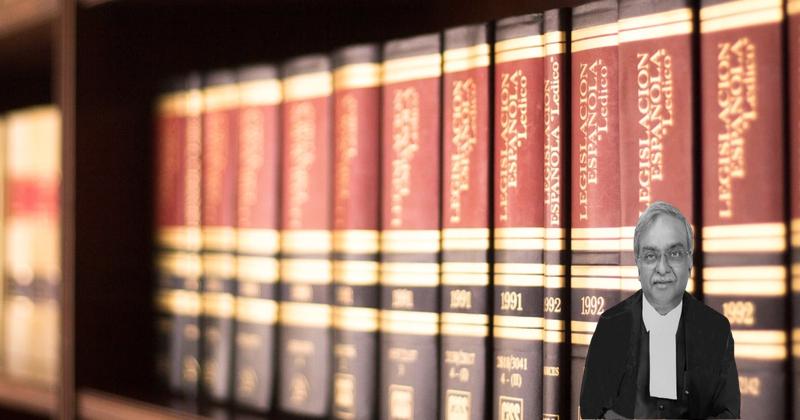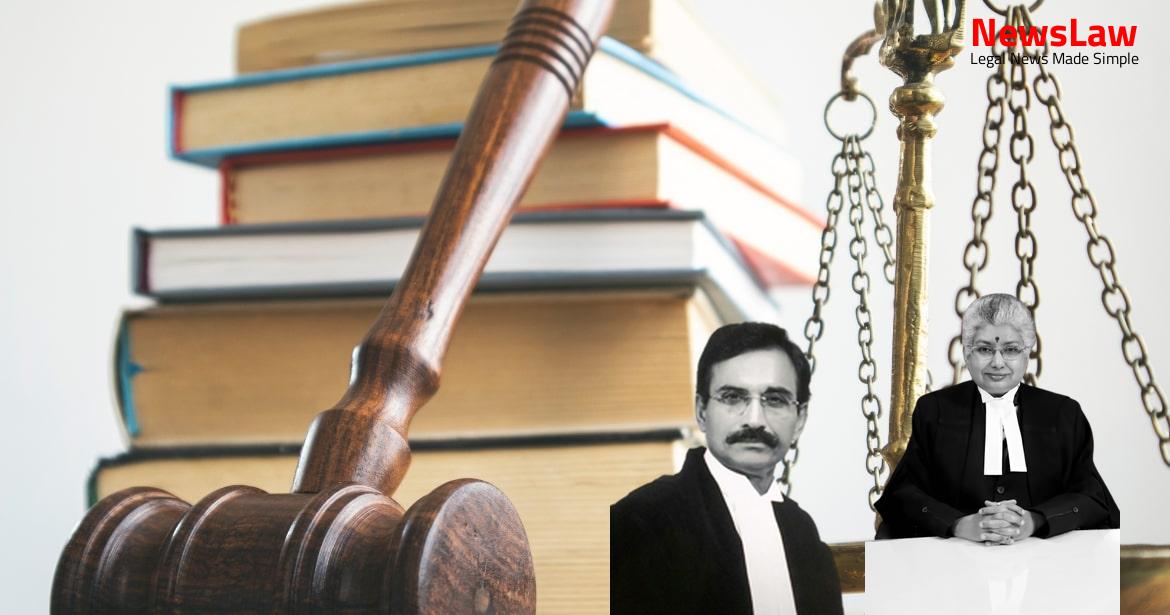The recent judicial analysis on the filing of a second complaint after dismissal sheds light on crucial aspects of criminal procedure. Justices U.U. Lalit and V. Saran’s decision underscores the importance of preventing abuse of the legal system while ensuring genuine justice. This case summary delves into the intricacies of maintaining the sanctity of legal processes in the face of repeated complaints in criminal matters.
Facts
- The Revisional Court allowed the filing of a new complaint based on new facts without its permission.
- The first complaint was lacking in detailed information about the transaction, but the subsequent complaint provided more details.
- The High Court dismissed the Revision Petitions as they found no infirmity.
- The Court directed the Appellants to deposit a sum of Rs. 45,000, which they complied with.
- The Appellants filed Criminal Revision No.2556 of 2016 in response to the Court’s order.
- The High Court decision was based on the consideration of both the complaints and the additional material presented.
- The Appellants challenged the rejection of certain offences in the complaint, leading to the reconsideration of the charges.
- The matter was taken up by the Judicial Magistrate who dismissed the complaint against the accused with no prima facie case.
- The Complainant filed a Revision seeking to withdraw it with the intent to file a fresh complaint based on new facts.
- The High Court cited the decision in Pramatha Nath Taluqdar vs. Saroj Ranjan Sarkar while considering the maintainability of the second complaint.
- Revision Petition was dismissed and the matter was taken before the Court but the Appeal was later withdrawn
- Another complaint was filed under the same sections as the previous one
- The Chief Presidency Magistrate took cognizance of the second complaint
- Revision was filed in the High Court of Calcutta against the order of the Chief Presidency Magistrate
- The Division Bench of the High Court considered additional material presented regarding the maintainability of the second complaint
- The Additional Sessions Judge – X framed charges against the Appellants for offences under Sections 120-B, 420, 467, 468, and 471 of the IPC
Also Read: Legal Analysis on Arbitration Petition Limitation Period
Arguments
- The learned Senior Advocate for the petitioner argued that the petitioner, being a woman, cannot be prosecuted for the offense under Section 498A IPC.
- She contended that the High Court erred in rejecting the petitioner’s application for quashing the criminal proceedings against her.
- The petitioner’s advocate relied on various decisions to support her argument, emphasizing that the petitioner’s involvement in the offense was not established.
Also Read: Analysis of High Courts’ Jurisdiction and Court Orders Under Article 142
Analysis
- The decision in Taluqdar by a Bench of three Judges is relied upon.
- Complaint under Sections 467 and 471 IPC was dismissed by Chief Presidency Magistrate.
- The High Court was not justified in holding the second complaint maintainable.
- The law from various cases including Jatinder Singh and Poonam Chand Jain is discussed.
- Dismissal of a complaint under Section 203 of the Code does not always bar a second complaint, depends on circumstances.
- The majority view allows a second complaint if the dismissal of the first complaint was not on merits.
- Various cases and principles like those in Shivshankar Singh and Mahesh Chand are referenced.
- The importance of exceptional circumstances for allowing a second complaint is emphasized.
- Consistency in the legal approach of permitting a second complaint on new facts or under special circumstances.
- Protection of innocent persons from undue prosecution is a prime concern.
- The judgment discusses the issue of whether a second complaint can be filed after the dismissal of a first complaint under Section 203 of the Criminal Procedure Code.
- It establishes that filing a second complaint on almost identical facts as the first complaint, which was dismissed on merits, is not maintainable.
- The court emphasizes the importance of real, complete, and substantial justice in the administration of justice.
- It highlights the judicial duty to prevent the continuation of unnecessary judicial processes and to correct wrongs in the course of justice.
- The judgement references various cases and legal provisions related to the examination of complaints by magistrates, particularly Sections 200, 202, and 203 of the Code of Criminal Procedure.
- It explains the criteria for determining the maintainability of a second complaint, including the presence of substantially new material, exceptional circumstances, and the core allegations being different from the first complaint.
- The Court concludes that filing a second complaint merely to re-litigate issues already decided on merit is a gross abuse of the court’s process and not in the interest of justice.
- It also discusses the distinction between a protest petition and a second complaint in the context of criminal proceedings.
- The judgement emphasizes that the court must quash criminal proceedings if there is a manifest error, manifest miscarriage of justice, or fresh evidence.
Also Read: Electoral Malpractices in Mayor Election
Decision
- The appeals have been allowed, the decision of the High Court has been set aside, and Complaint Case No.9226 of 2014 has been dismissed as not maintainable.
- The amount deposited by the appellants will now be returned to them along with any interest accrued on it.
- The judgement was delivered in New Delhi on March 02, 2020 by Justices Uday Umesh Lalit and Vineet Saran.
Case Title: SAMTA NAIDU Vs. THE STATE OF MADHYA PRADESH (2020 INSC 248)
Case Number: Crl.A. No.-000367-000368 / 2020



